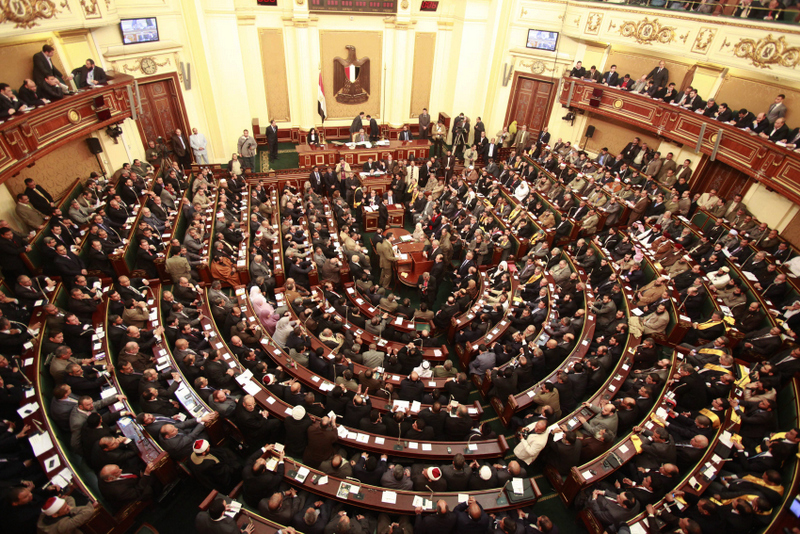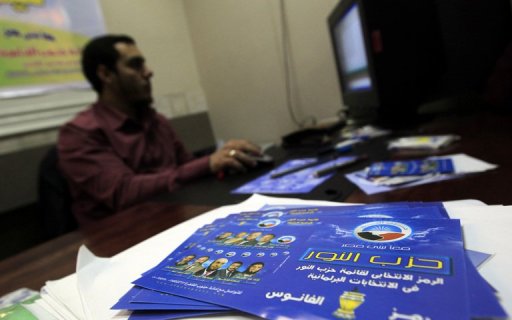BEIRUT: A Lebanese suspect in the killing of former prime minister Rafik Al-Hariri has said authorities know where to find him but cannot arrest him, deepening political tensions over the 2005 assassination.
The UN-backed court prosecutor has indicted four members of the Shia group Hezbollah over a suicide truck bombing which killed Sunni Muslim billionaire Hariri and 21 others as his convoy drove along Beirut’s seafront.
Hezbollah has denied any role in the killing and accuses the court of being a tool of US and Israeli policy seeking to discredit the group, which is both a heavily armed militant movement and a powerful political force.
It has said it will not let any of the men be arrested, even "in 300 years". Lebanon told the court earlier this month that it had been unable to track any of them down.
But in an interview with Time magazine, a man who identified himself as one of the four suspects said his whereabouts were no secret.
"Lebanese authorities know where I live, and if they wanted to arrest me they would have done it a long time ago. Simply, they cannot," the magazine quoted him as saying.
He said he was "innocent of all charges against me" and could prove he was not in the area when Hariri was killed. "I will continue living my ordinary life," he added, saying he would not hand himself in to the "politicized" tribunal.
The report deepened a political rift between Hezbollah and Saad Al-Hariri, son of the slain leader who also served as prime minister until Hezbollah and its allies toppled him in January over his refusal to denounce the UN-backed tribunal.
Hariri said the interview showed that Prime Minister Najib Mikati’s government, formed with Hezbollah support, and Lebanon’s security forces and judiciary "are merely tools, whose primary function are to protect Hezbollah … and cover the violations and abuses it commits against Lebanon".
Hezbollah denied the Time report. It said no interview took place and that "the story is part of the Special Tribunal for Lebanon’s fabrications". Addressing Hariri, it said his comments were based up "a lie and a slander".
Phone records
According to details of the indictment published last week, the four Hezbollah suspects were linked to the attack mainly by information gleaned from analysis of phone records, which revealed a network of mobile telephones used to track Hariri in the weeks leading up to his Feb. 14, 2005 killing.
Hezbollah Secretary-General Sayyed Hassan Nasrallah said the indictment was based on inference rather than firm evidence, and has cast doubt on any case relying on phone calls, saying Israel had successfully penetrated Lebanon’s telecoms network and could falsify data to implicate Hezbollah.
Last year a Lebanese prosecutor charged an executive at state-owned mobile phone firm Alfa with spying for Israel.
Special Tribunal president Antonio Cassese on Thursday urged Beirut to intensify efforts to arrest the four suspects and hand them over for trial in The Hague.
"While the procedures followed thus far are reasonable, at this point they are not sufficient," Cassese said.
Lebanon’s report to the court said authorities had carried out surveillance, interviewed alleged associates of the suspects, visited places where they are said to have connections and met municipality officials.
It said Salim Ayyash, named in the indictment as coordinator of the assassination team, continued to show up at work until an arrest warrant was issued against him in June.
The tribunal has also said it will investigate three bomb attacks which it believes are connected to Hariri’s killing.
On Friday, pre-trial judge Daniel Fransen ordered Lebanon to hand over information about attacks on three other politicians — Marwan Hamadeh, George Hawi, and Elias Al-Murr.
Former telecoms minister Hamadeh survived an assassination attempt in 2004. The next year former defense minister Murr was wounded in a bombing while Hawi, a former Communist Party chief and critic of Syria, was killed by a car bomb.
The tribunal has jurisdiction over attacks that took place in Lebanon between Oct. 1, 2004 and Dec. 12, 2005, but only if the pre-trial judge sees a connection to the Hariri attack.


